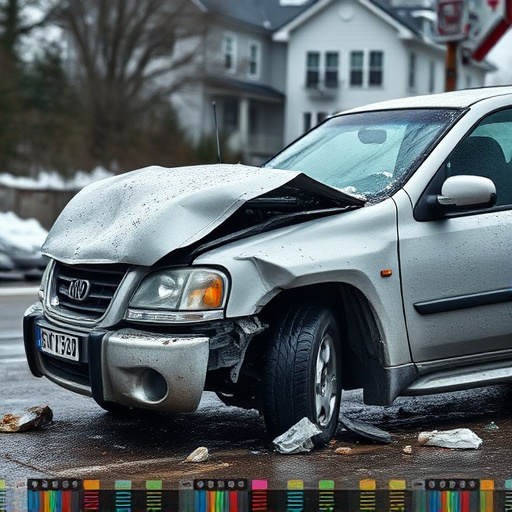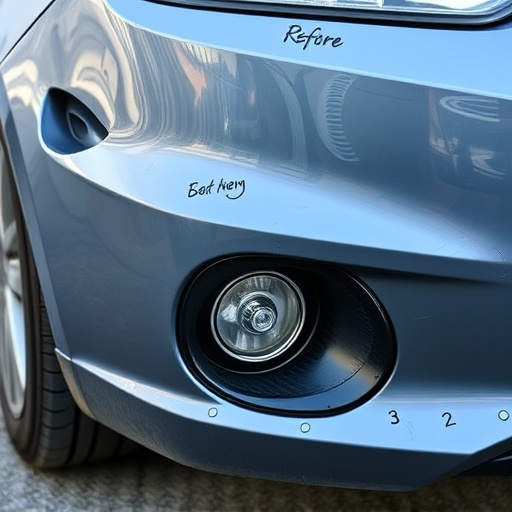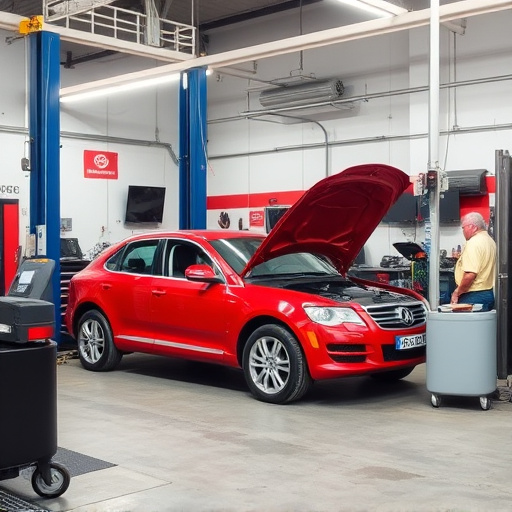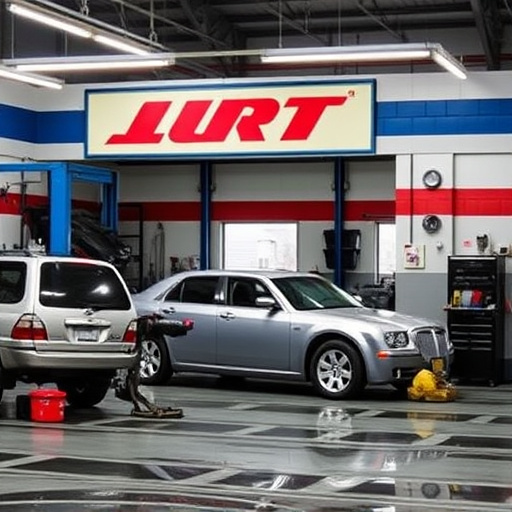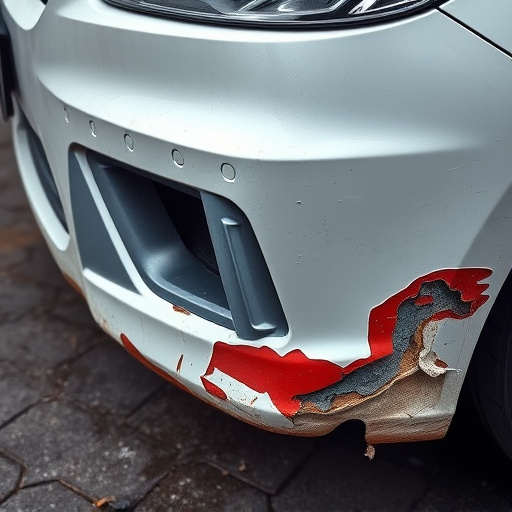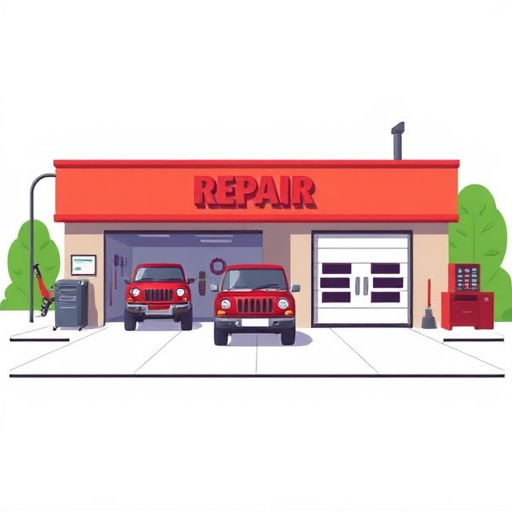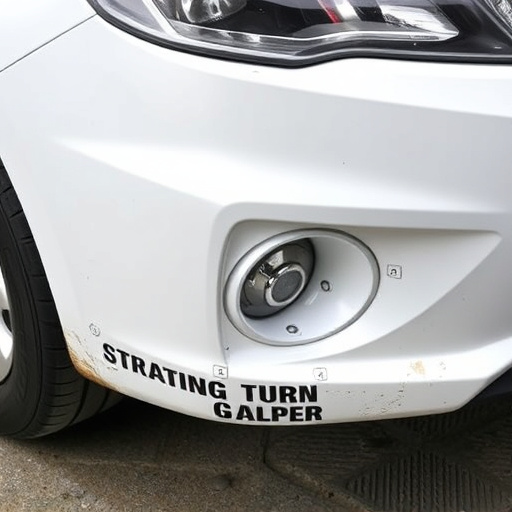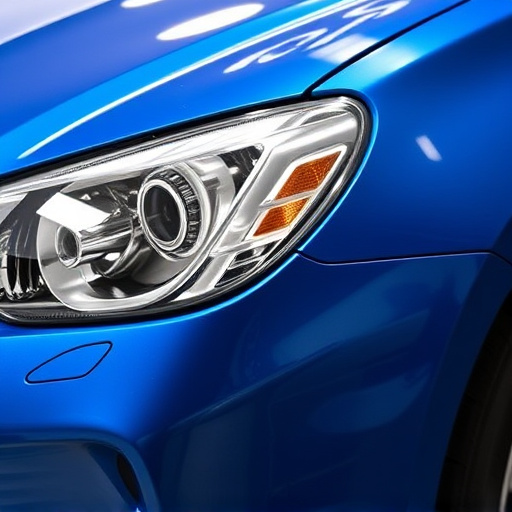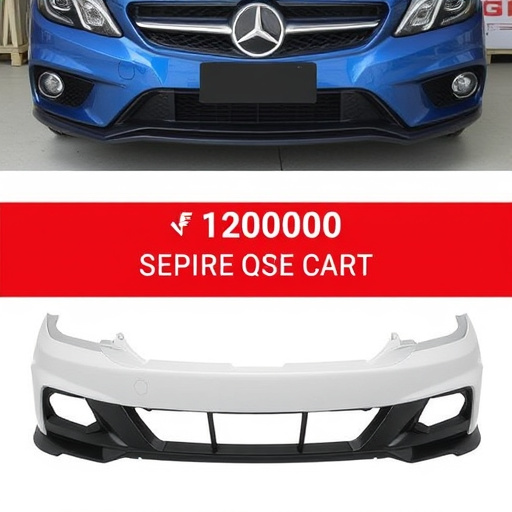When maintaining your vehicle, weighing whether to repair or replace involves considering cost and car condition. Repairs are cheaper upfront for minor issues but can become costly with frequent repairs on older cars. Replacements offer long-term savings by avoiding future problems and high repair bills, especially for safety-critical parts. Evaluate the balance between short-term costs and potential longevity when deciding on a repair vs replace strategy during routine vehicle maintenance.
When faced with the dilemma of repairing or replacing your vehicle during routine maintenance, understanding the costs and factors involved is key. This article guides you through the crucial decisions, balancing the benefits of fixing issues versus the investment in a new car. We’ll explore how to navigate repair and replacement options, ensuring you make an informed choice that aligns with your budget and needs. Learn when to opt for repairs and when a new vehicle might be the better option.
- Understanding Repair and Replacement Costs
- Factors Influencing the Decision to Repair or Replace
- When to Opt for Repairs and When to Consider a New Vehicle
Understanding Repair and Replacement Costs
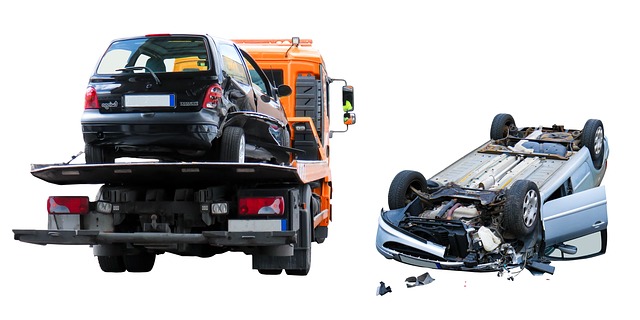
Making a repair vs replace decision during routine vehicle maintenance involves understanding cost implications. Repairs often come with lower upfront expenses, focusing on fixing specific components or issues. For instance, an auto glass repair is typically less costly than replacing an entire windshield, saving you money while ensuring your car’s structural integrity. Similarly, minor body repairs, like dent removal or vehicle paint repair, can extend the life of your vehicle without breaking the bank.
However, replacement decisions are motivated by safety and longevity. If a part, such as brakes or tires, is nearing the end of its useful life, replacing them promptly becomes essential for your safety on the road. Moreover, some components, like a car’s engine or transmission, may require significant investment in both repair and eventual replacement, balancing short-term costs with long-term savings through extended vehicle life.
Factors Influencing the Decision to Repair or Replace
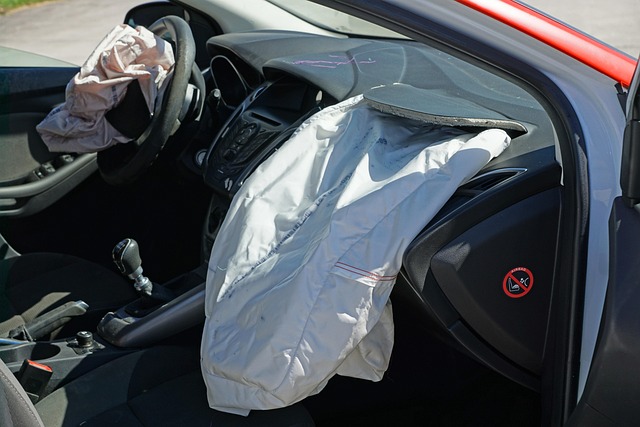
When faced with the dilemma of repairing or replacing a vehicle during routine maintenance, several factors come into play. The age and overall condition of the car are primary considerations. Older vehicles may benefit from repairs, especially if they have sentimental value or are otherwise in good working order, apart from minor cosmetic issues. However, the decision to repair becomes more complex when structural damage, significant mechanical problems, or extensive paint damage is involved—these often point towards replacement.
Cost is another critical aspect of the repair vs. replace debate. While repairs can be more economical in the short term, they may not always be feasible for older or highly damaged vehicles. Auto body restoration and car paint repair services can be expensive, especially if specialized techniques like collision repair are required. In contrast, replacing a vehicle might offer better long-term financial stability, considering the cumulative costs of frequent repairs and potential future issues.
When to Opt for Repairs and When to Consider a New Vehicle

When faced with a repair vs replace decision during routine vehicle maintenance, it’s crucial to assess both financial and practical factors. Opting for repairs is generally more cost-effective, especially if the issue is relatively minor or involves parts that are still under warranty. Auto detailing and car damage repair can often extend the life of your vehicle, providing significant savings compared to purchasing a new one. Additionally, repairing issues early can prevent them from escalating into more complex (and expensive) problems down the line.
However, if the damages are severe or the vehicle has reached a certain age, considering a new vehicle might be the smarter choice. Modern vehicles come with advanced safety features and fuel efficiency that older models lack. Auto body work on heavily damaged cars can sometimes be as expensive as buying a new one, and the longevity of those repairs isn’t always guaranteed. In such cases, it’s essential to weigh the total cost of repairs against the value of continuing to invest in an aging vehicle.
When faced with the repair vs. replace dilemma during routine vehicle maintenance, considering both cost and longevity is key. By understanding the associated expenses, assessing the age and condition of your vehicle, and evaluating your budget and personal preferences, you can make an informed choice. Opting for repairs can extend the life of your current vehicle, while replacing may offer better value in the long run. Ultimately, the decision should align with your specific needs and financial capabilities, ensuring a safe and reliable ride ahead.

